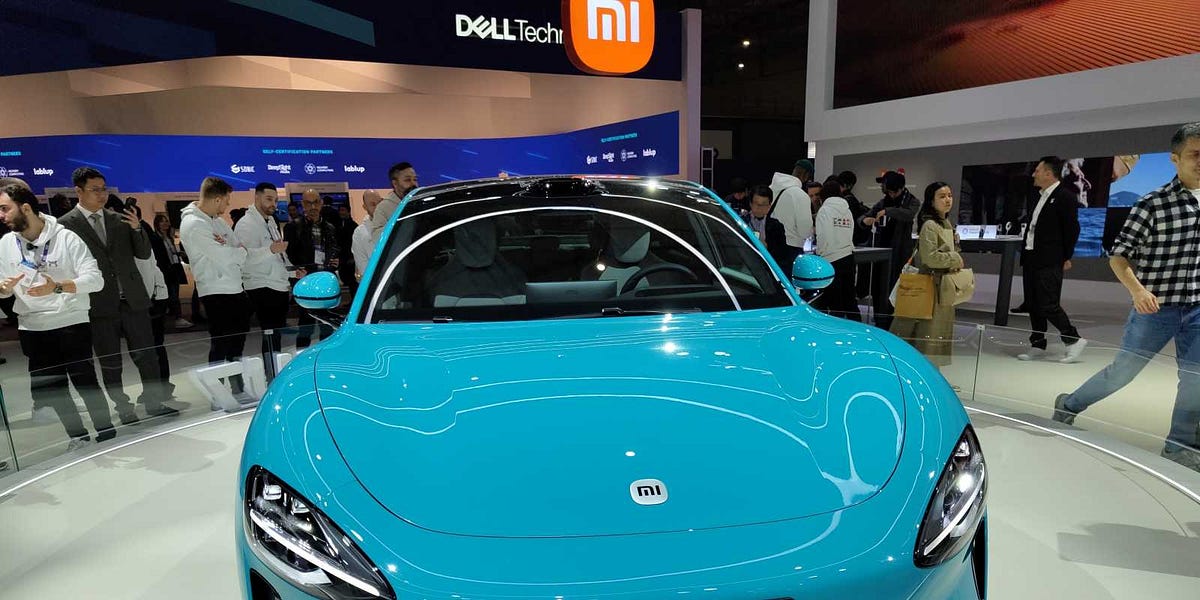China’s electric vehicle industry is rewriting the rules—and Xiaomi is leading the charge with a smartphone mindset.
Its latest EV uses a flagship Qualcomm chip originally designed for phones, igniting a fierce debate over safety standards.
But this strategy is quickly gaining traction in China, where speed and cost often outweigh tradition.
Meanwhile, global automakers like Nissan are quietly following suit—building EVs on Chinese platforms and preparing them for export.
As traditional boundaries blur, a new era of software-defined, AI-enabled, and geopolitically entangled vehicles is taking shape.

 cwnewsroom.substack.com
cwnewsroom.substack.com
Its latest EV uses a flagship Qualcomm chip originally designed for phones, igniting a fierce debate over safety standards.
But this strategy is quickly gaining traction in China, where speed and cost often outweigh tradition.
Meanwhile, global automakers like Nissan are quietly following suit—building EVs on Chinese platforms and preparing them for export.
As traditional boundaries blur, a new era of software-defined, AI-enabled, and geopolitically entangled vehicles is taking shape.

Are Smartphone Chips Safe for EVs? Inside China’s Push for Cheaper Models
Liang-rong Chen
